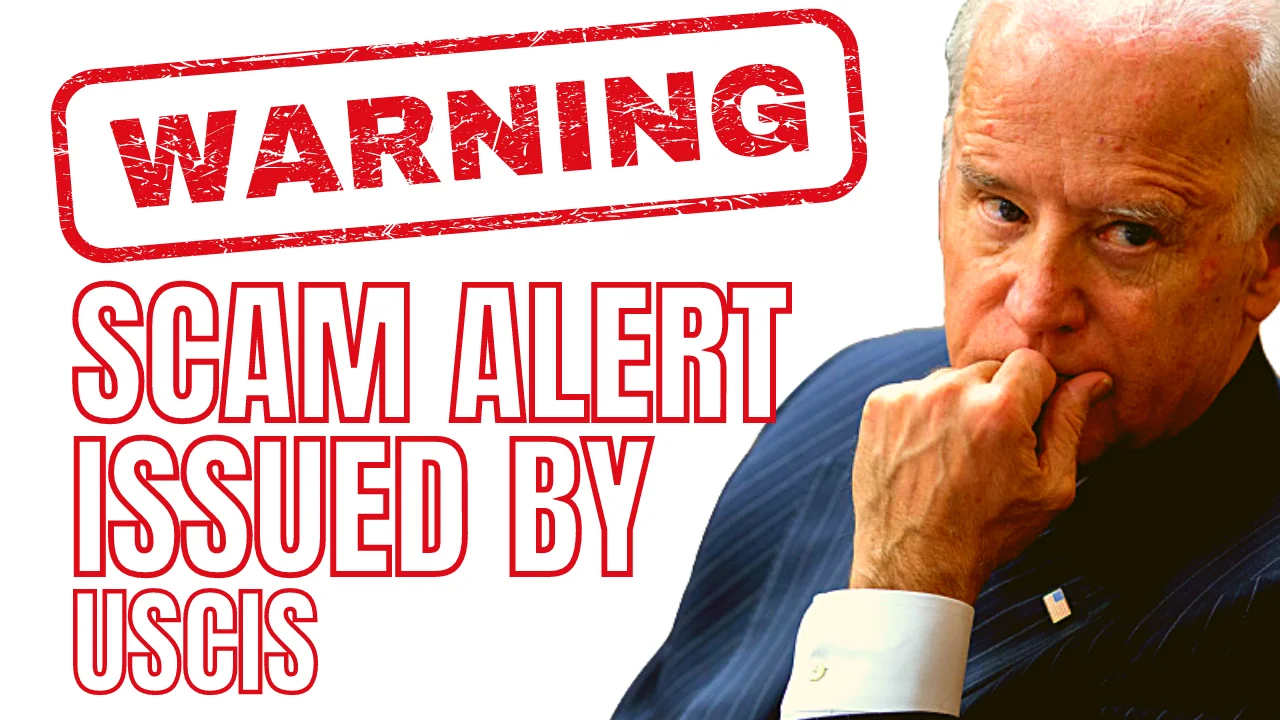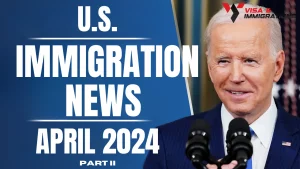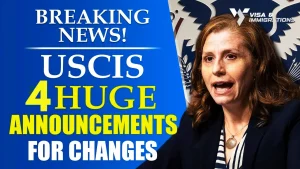The Department of Homeland Security has delivered a fraud alert about how scammers imitating DHS personnel deceive the public, especially targeting immigrants, minority groups, or people with overseas connections.
DHS observed that every year, they receive hundreds of reports of people posing as DHS employees to cheat the public. The alert published by the DHS Inspector General also provides tips on how to avoid falling prey to these scams.
Imposters can fake actual DHS phone numbers and create email addresses that are quite similar to DHS email addresses in their attempts to appear legitimate. Some imposters will even email or send pictures of real and forged law enforcement identification.
According to the DHS, these fraudsters will try to persuade their targets to provide them with personally identifiable information, passwords, credit card or bank numbers, or payment through money transfer services or prepaid debit cards.
DHS has received most reports related to immigrants, minority groups, or people with foreign ties being targeted.
The general tactics used by the fraudsters are the following:
- Violations of immigration or customs laws;
- Duplicate or lost passports used overseas to commit crimes;
- Unspecified green cards matters;
- Packages detained at the border, that contain illegal materials or drugs;
- Issues with the victim’s immigration documentation.
The DHS added that the imitators can intimidate their targets with arrests, cancellation of visas, or deportation if they do not comply.
For precautions on how the public should protect themselves, DHS asked the public to be skeptical of emails and telephone calls claiming to be from the DHS, as fraudsters can fake caller ID and email addresses.
All genuine government emails will come from an email address ending with ‘.gov’. Usually, scammers use incorrect terminology to identify themselves, like ‘Detective with DHS,’ ‘DHS agent,’ or ‘DHS private investigator’.
They may also use incorrect acronyms for the Office of Inspector General Department of Homeland Security or names of government agencies, for example ‘Department of Customs and Border Security,’ or ‘US Immigration Agency.’
The alert noted that the DHS does not use the contact numbers listed on their website to make outgoing calls for these reasons. People receiving phone calls from these numbers must not provide any personal information.
Do not send gift cards or money to individuals claiming to be from DHS, DHS employees will never ask you to pay any fine through a call, and will also not accept payment for charges through money transfer services such as Venmo or Zelle or through Google Play, Apple, or gift cards.
Anyone who has been victimized by the fraudsters can call the DHS OIG Hotline number (1-800-323-8603) or may file a complaint online through the DHS OIG website. Internet crime victims can submit their complaints to the Federal Trade Commission through their website.
This is the end of today’s blog update. We hope you found this blog useful. Please don’t forget to support us by subscribing to our newsletter and sharing this blog with your friends and family on Facebook, Whatsapp, and Twitter.
Recent Posts:
- How To Apply For K-1 Visa And Adjust Status To
- Important Points To Keep In Mind For Form I-130
- U.S. Faces A Slide In Number Of International Students In
- New Id Card For Migrants Suggested By The Biden Administration
- Opportunities For Citizenship By Investment












